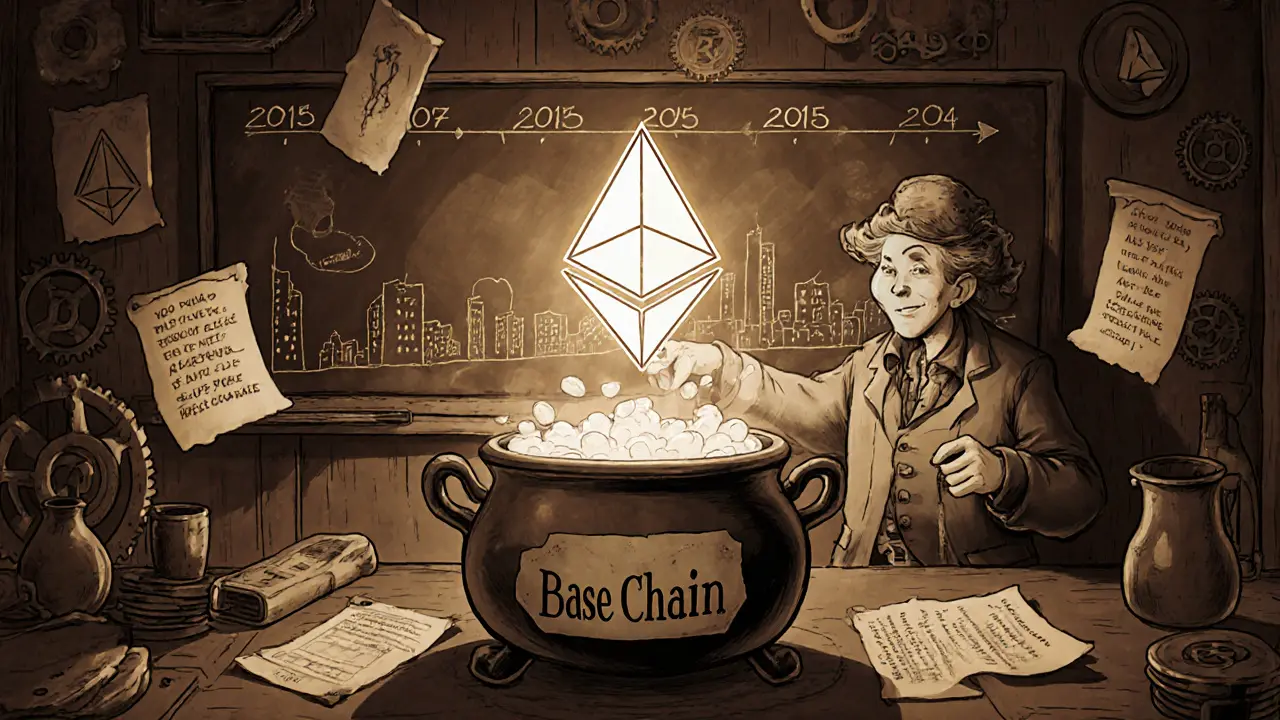Rollups – The Fast‑Track to Scalable Blockchains
When diving into Rollups, a collection of Layer 2 techniques that compress many transactions into a single proof submitted to the base chain, you instantly see why they matter. Rollups encompass Layer 2 scaling, any off‑chain processing that reduces on‑chain load while keeping security anchored to the main network. This relationship lets developers keep the trust model of the underlying blockchain—most often Ethereum, the world’s leading smart‑contract platform—while delivering faster, cheaper transactions. In practice, a rollup bundles hundreds of user actions, creates a succinct proof (either a validity proof or a fraud‑proof), and posts it on Ethereum. The base chain only needs to verify that proof, dramatically cutting gas fees and boosting throughput. This model requires smart contracts on the main chain to verify proofs and manage state roots, tying everything back to Ethereum’s security guarantees. As a result, ecosystems built on rollups enjoy near‑instant confirmations without sacrificing decentralization.
Why rollups are the Go‑to Solution for DeFi and DEXs
The rollup landscape splits mainly into two families. First, zk‑Rollup, a type that generates cryptographic validity proofs (zero‑knowledge SNARKs or STARKs) to prove transaction correctness off‑chain. Because the proof itself guarantees correctness, fraud can’t happen, so withdrawals are immediate. Second, Optimistic Rollup, a design that assumes transactions are valid by default and only runs a challenge period if someone flags fraud. This optimism speeds up processing but introduces a withdrawal delay while the challenge window closes. Both approaches influence how DeFi protocols design liquidity pools, how DEXs handle swaps, and how tokenomics adapt to lower fees. For example, a DEX on a zk‑Rollup can offer sub‑cent transaction costs and instant finality, attracting high‑frequency traders. Conversely, an optimistic rollup might support richer smart‑contract functionality at the expense of a few minutes’ delay. The choice often hinges on the developer’s need for speed versus complexity.
Whether you’re a trader looking for cheaper swaps, a developer building the next yield farm, or a crypto enthusiast staying ahead of scaling trends, the articles below cover everything from detailed rollup mechanics to real‑world use cases across the ecosystem. You’ll find deep dives into zk‑Rollup privacy features, step‑by‑step guides for deploying on optimistic rollups, and analysis of how rollups reshape token economics. Dive in and see how rollups are redefining what blockchain can do.

